Tunisians take to streets again in protest at constitutional referendum
Tunisians have demonstrated in the capital against a planned referendum on constitutional changes called by President Kais Saied that could cement his hold on power.
Protesters in Tunis responded to calls from opposition parties. They chanted, ‘Constitution, liberty and dignity’ and ‘The people want an independent judiciary.’
The demonstrators also expressed opposition to a recent decision by President Saied to expel as many as 57 judges he accused of “corruption and protecting terrorists.”
Saied's purge of the judiciary has already sparked international outrage. He has been accused of undermining Tunisia's democratic institutions.
The latest demonstration was organized by the Salvation Front, a coalition including Ennahda, the largest party in a parliament that Saied dissolved in March.
Ali Larayedh, a leader from Ennahda, said the planned plebiscite was a fraud. “The referendum is just nothing but a fraud,” he said. “We are demonstrating against the exclusion of the judicial authority and against the coup d'etat that targets the constitution.”
The head of the country's constitution committee has said he will hand over the new draft of what he described as a democratic constitution to the president on Monday. The new constitution is the centerpiece of reform plans by Saied and is set to go to referendum on July 25.
The Sunday demonstration followed a similar protest on Saturday called by the Free Constitutional Party, and a strike on Thursday by a powerful labor union over the government’s economic reform plans, which brought much of the county to a standstill.
Tunisia’s powerful trade union UGTT has refused to take part in a limited dialog proposed by President Saied with the aim of rewriting the constitution and founding a “new republic.”
The 2014 constitution was the result of intense negotiations among political parties and civil society bodies. Saied has rejected calls for a similar inclusive dialog, saying those who opposed his measures should be banned from discussion on Tunisia’s future.
Tunisia has been gripped by political issues since the president dismissed Prime Minister Hichem Mechichi and suspended parliament for 30 days in July 2021. The Tunisian president said at the time that his decision was meant to “save Tunisia, the state, and the Tunisian people,” in the midst of growing public anger and protests against the government’s handling of the COVID-19 pandemic. His opponents have slammed the move as a “coup,” while rights groups have warned that the country could be sliding back into autocracy.
Nearly two months later, Saied appointed Najla Bouden Romdhane, a little-known university professor, as the country’s prime minister.
Saied’s seizure of power initially appeared to win broad support among Tunisians amid an economic and public health crisis, but it later caused growing opposition, even from major domestic players who were initially supportive.
UN warns hundreds of thousands of Sudanese under ‘immediate danger’
Iraqi resistance strikes ‘vital’ target in Eilat after Israel attacks PMU base
North Korea conducts cruise missile warhead test: State media
Israeli airstrike kills at least 7 people in Rafah
VIDEO | Iranians hold nationwide demos in support of IRGC
Syria condemns US veto of Palestine UN membership resolution
Iraqi resistance forces hit Israeli Ovda air base
Hackers break into Israeli military’s computers, access trove of documents


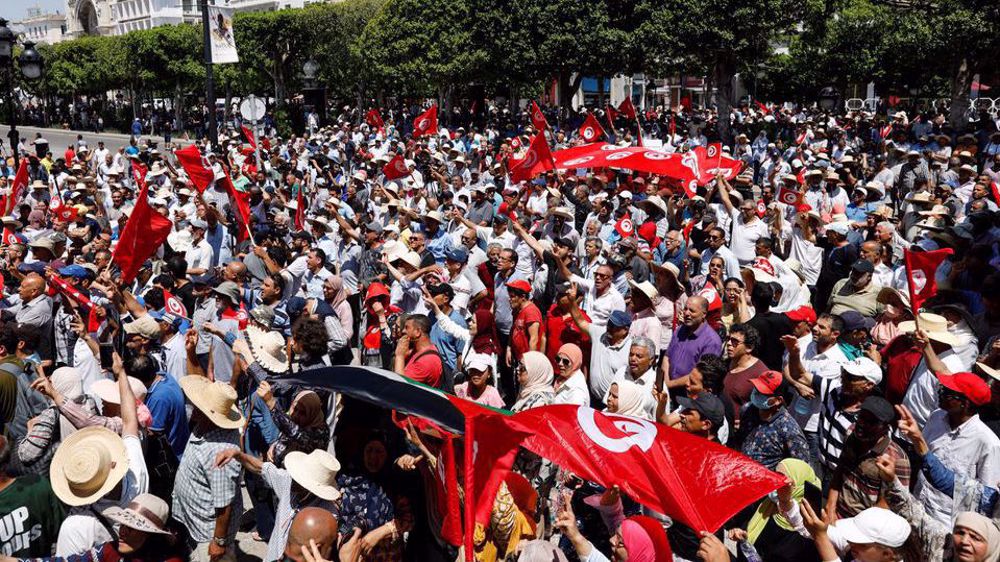
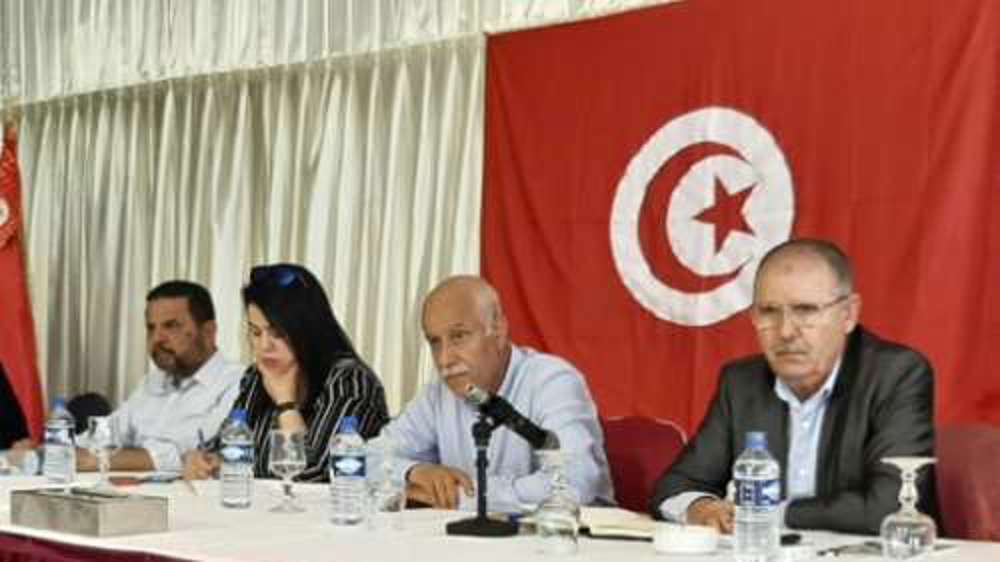
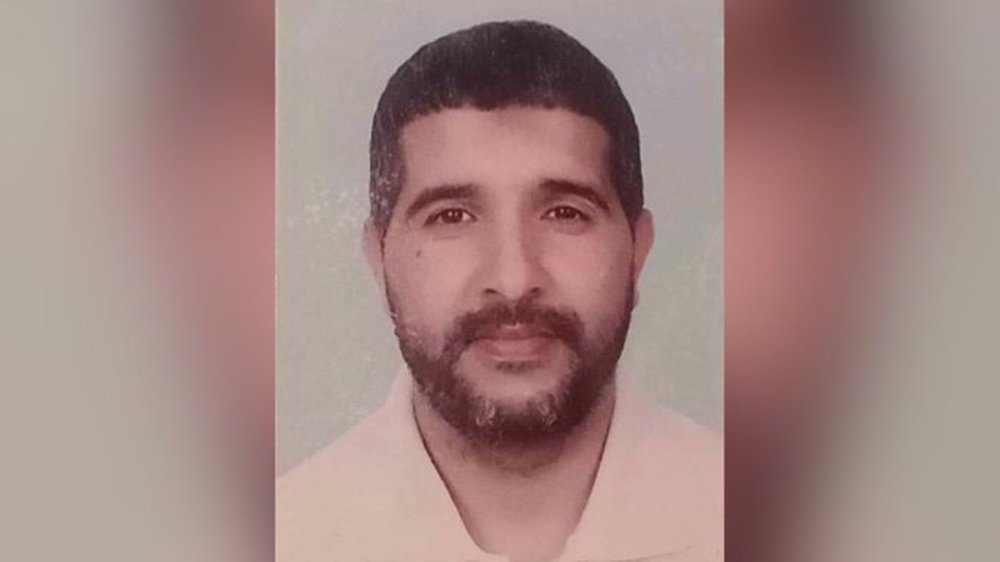
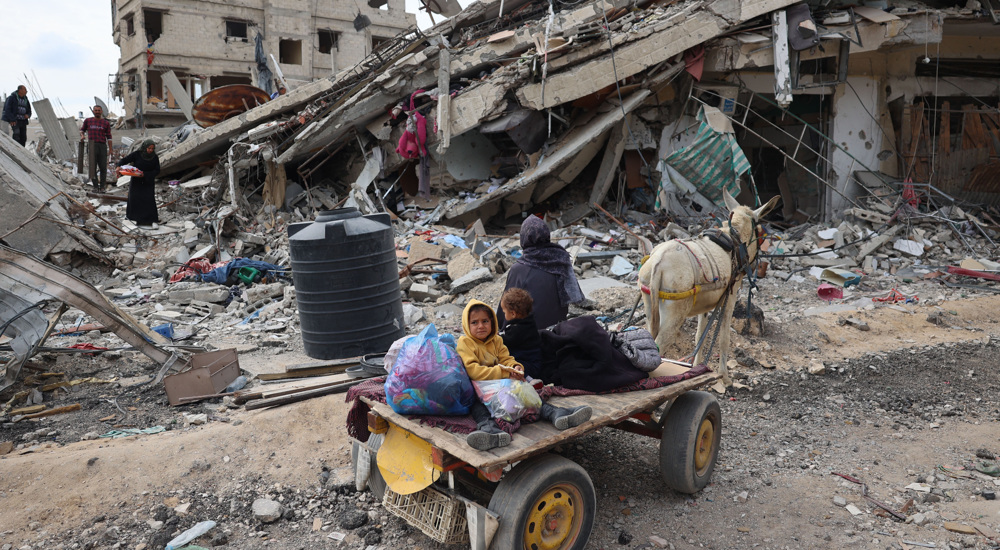
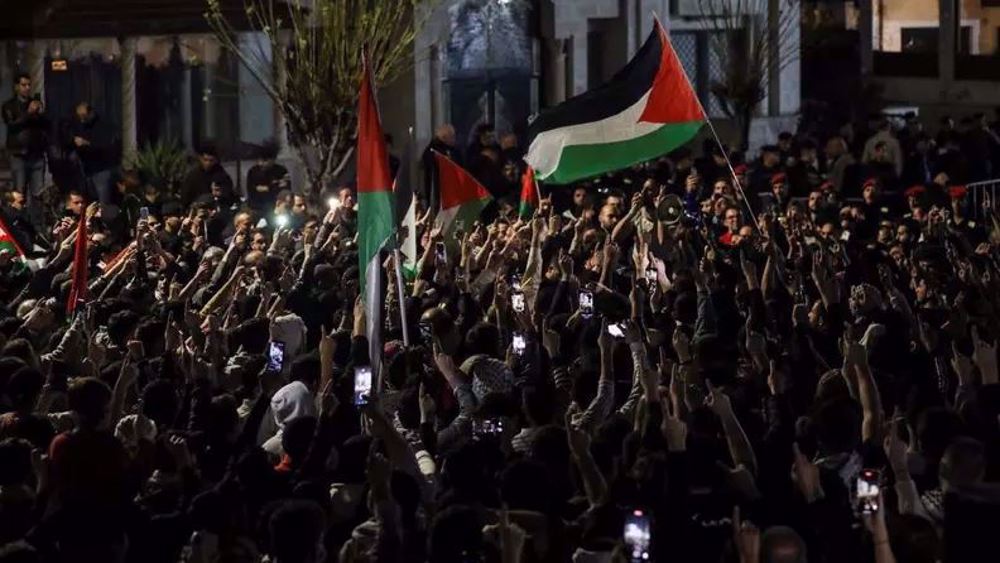



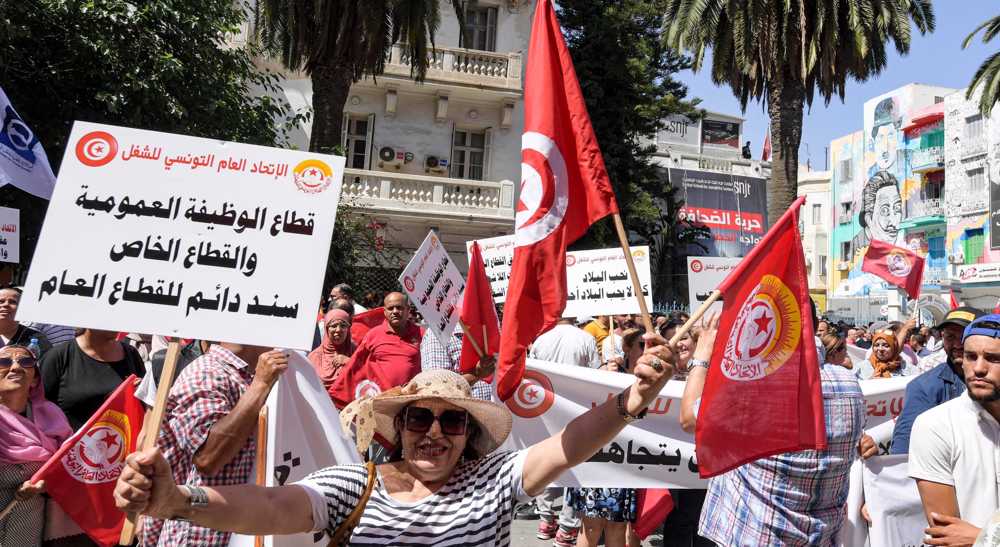
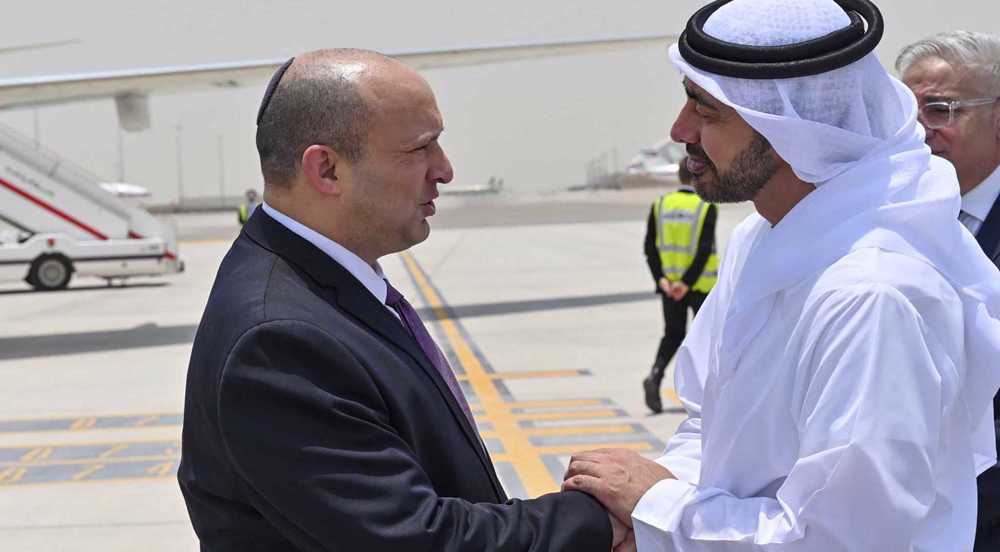
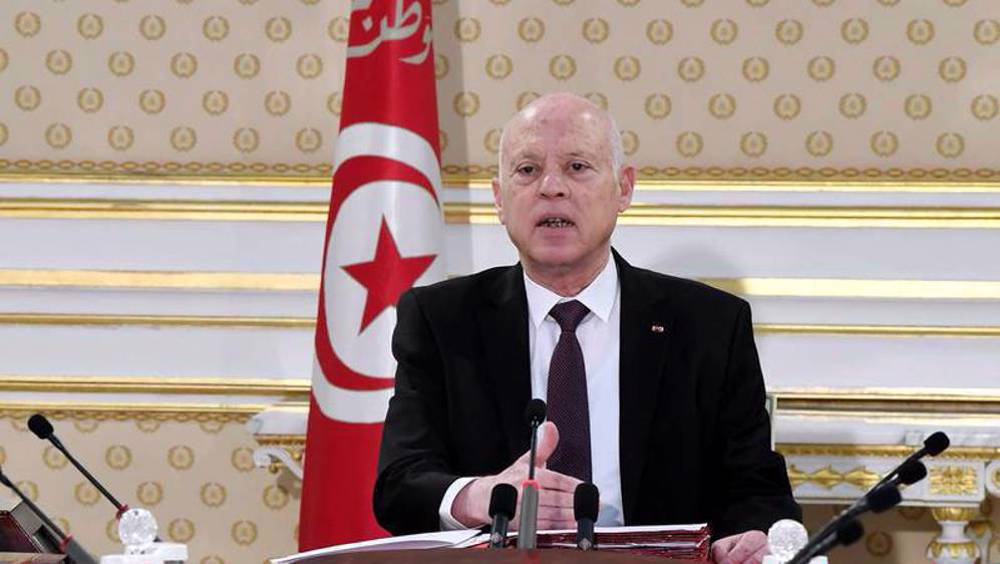
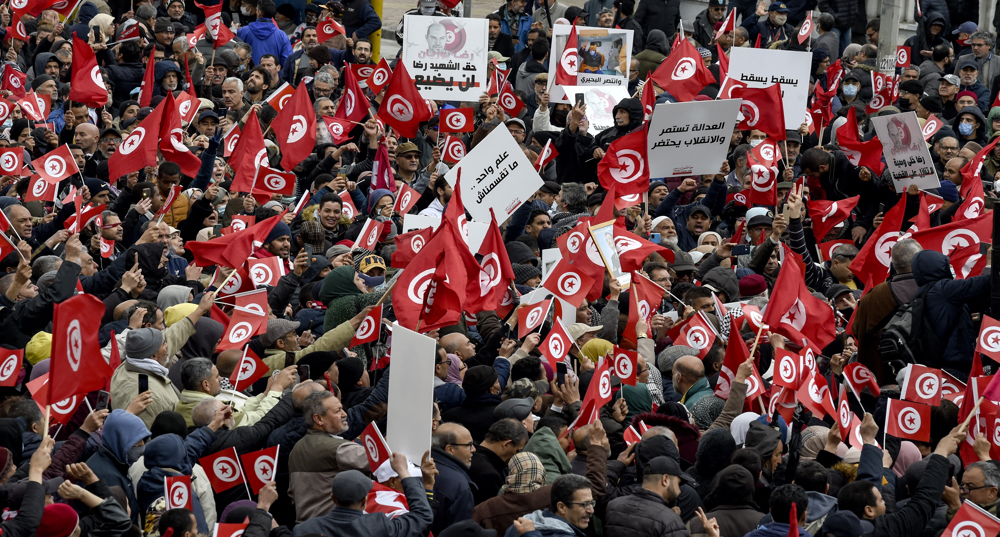
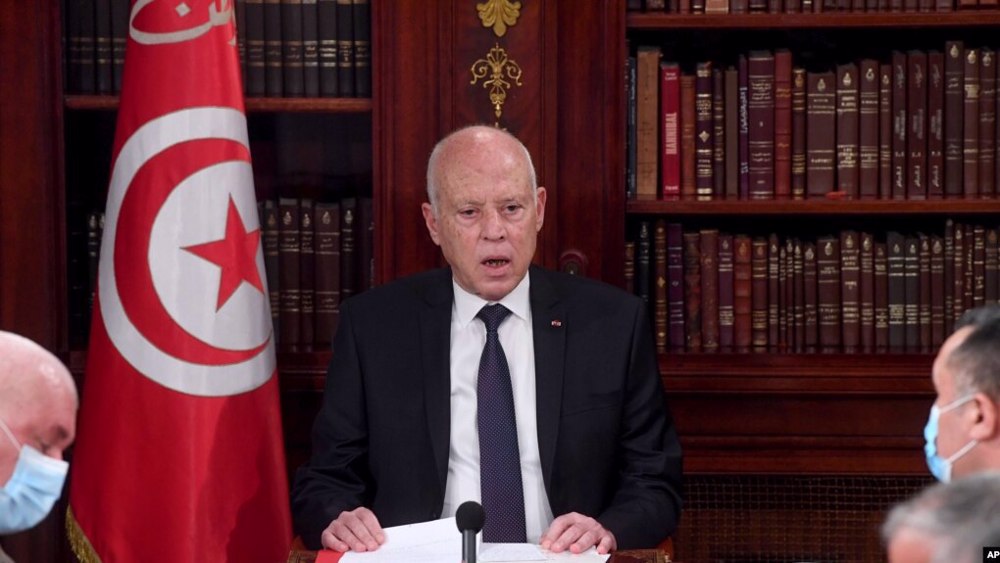
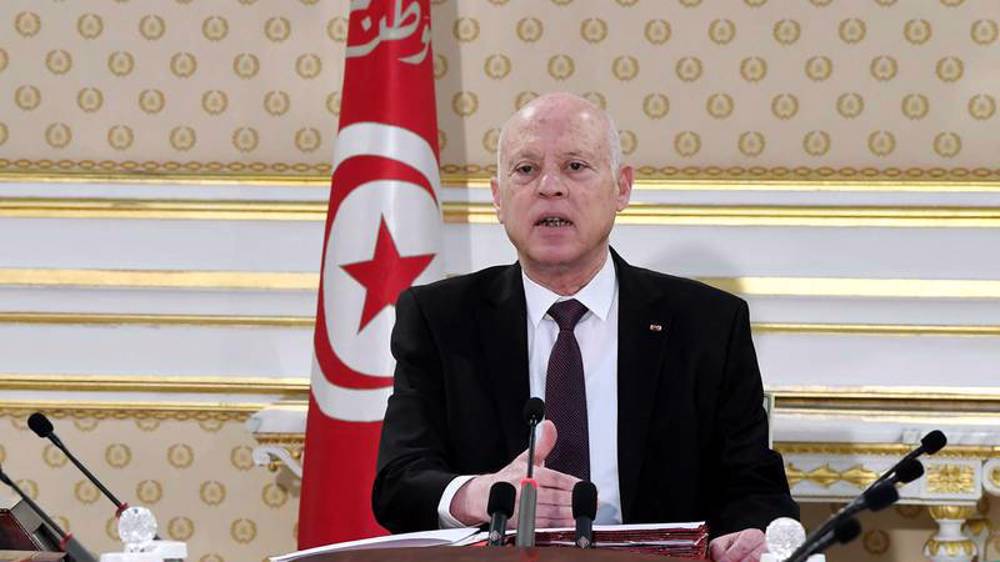
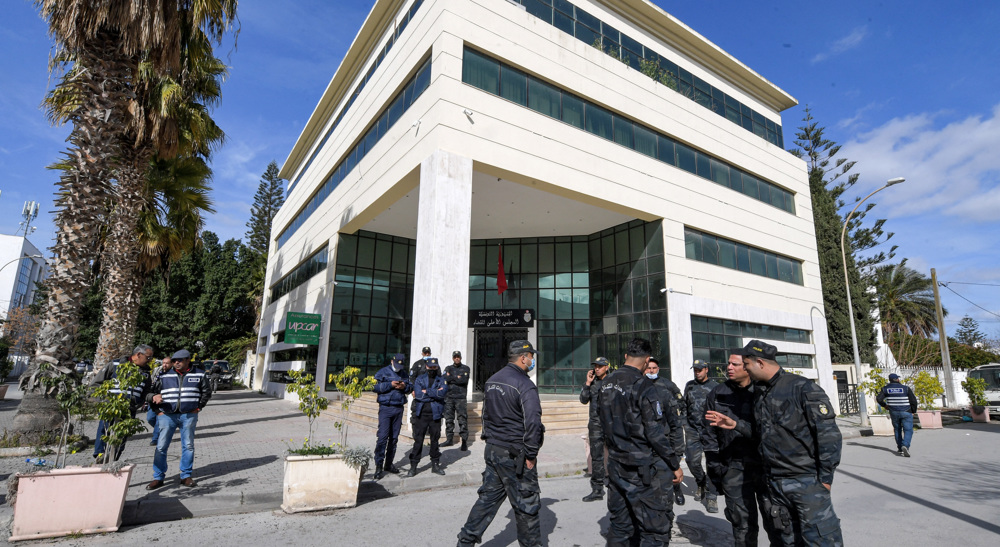
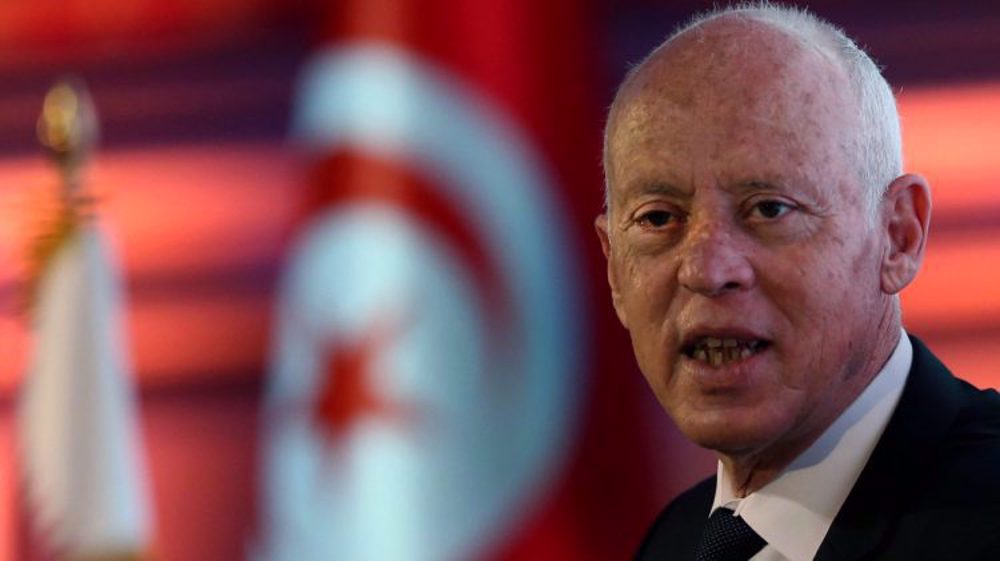

 This makes it easy to access the Press TV website
This makes it easy to access the Press TV website